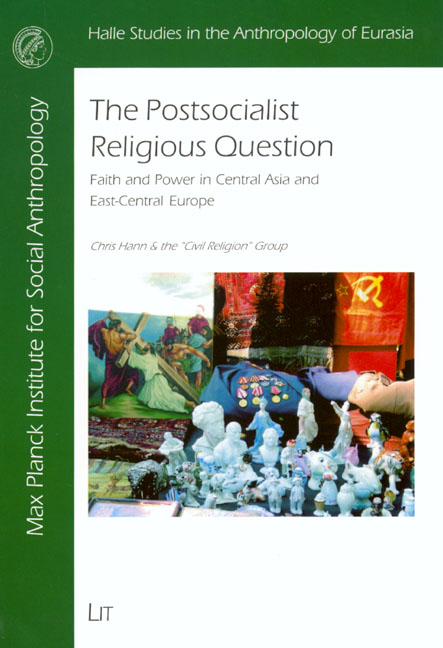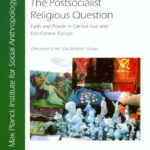Beschreibung
Assumptions of increasing secularization have been called into question across the globe but under the socialist variants of modernity traditional forms of religious belief and practice were subject to quite specific forms of repression in favour of `scientific atheism’. What is the legacy of this socialist experience for the postsocialist era? How is religion mobilized in the public sphere to support assertions of ethnic identity and the building of nations and states? In the private sphere, how does religion help persons to cope with uncertainty and dislocation? What has been the impact of external influences, including pressures to implement religious human rights as well as the missionising efforts of modernist, `universalizing’ faiths, both Christian and Muslim?
The authors explore new configurations of local, national and global religious communities through ethnographic studies from two regions, Central Asia and East- Central Europe. The main focus is on the consequences of changes in the sphere of religion for generalized civility, which is understood minimally as the acceptance of diverse beliefs and practices in everyday social life.


 Download
Download 